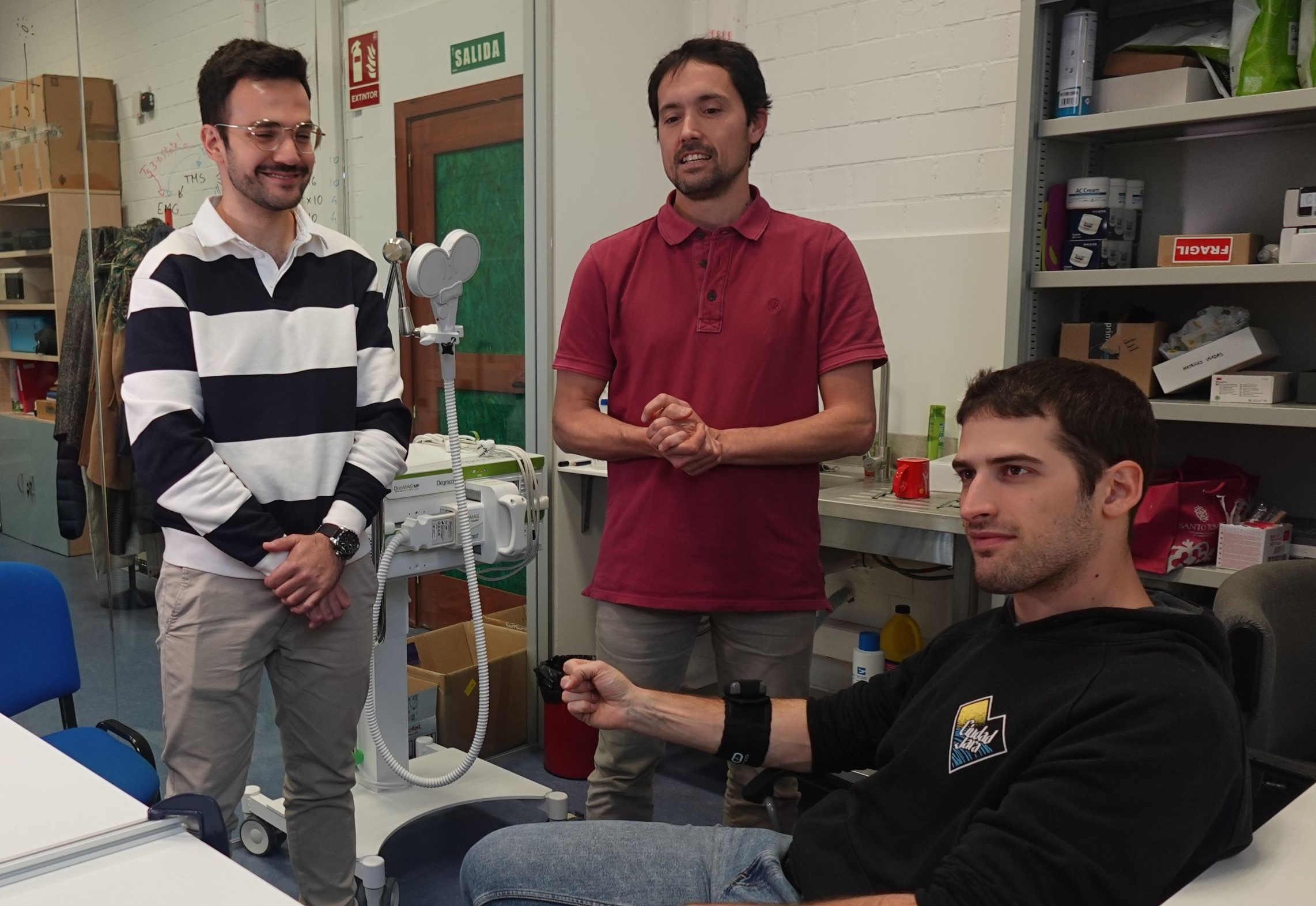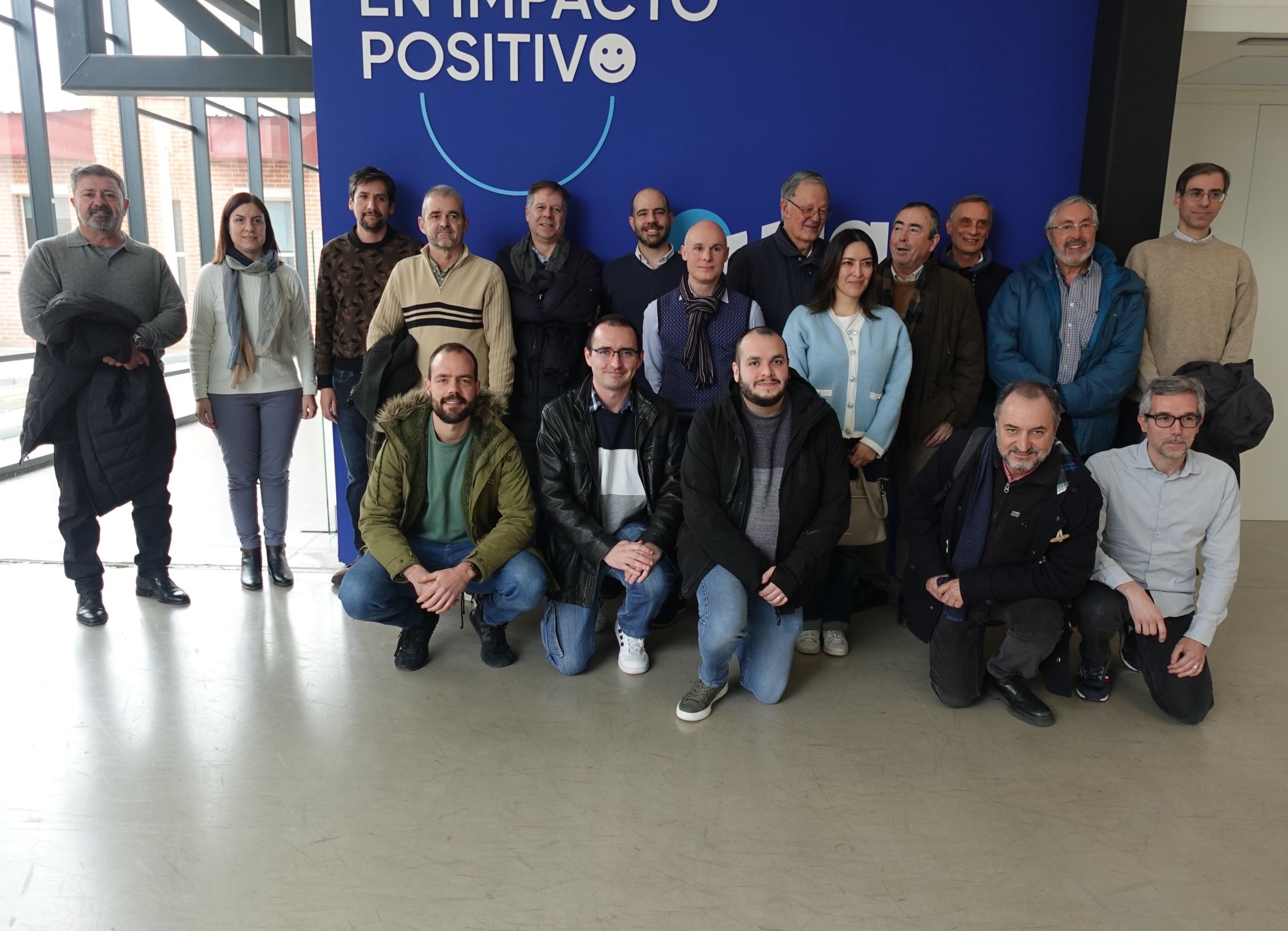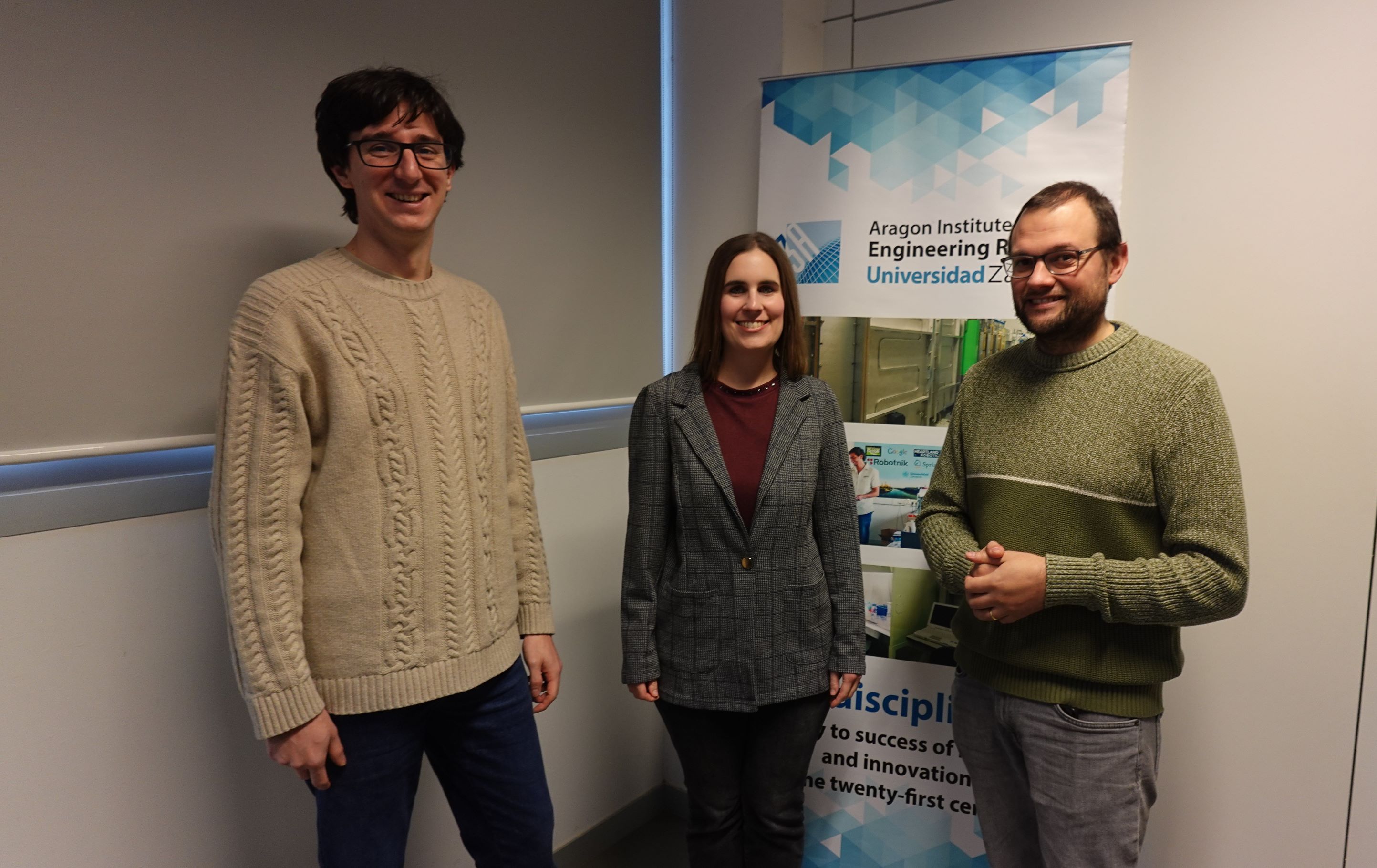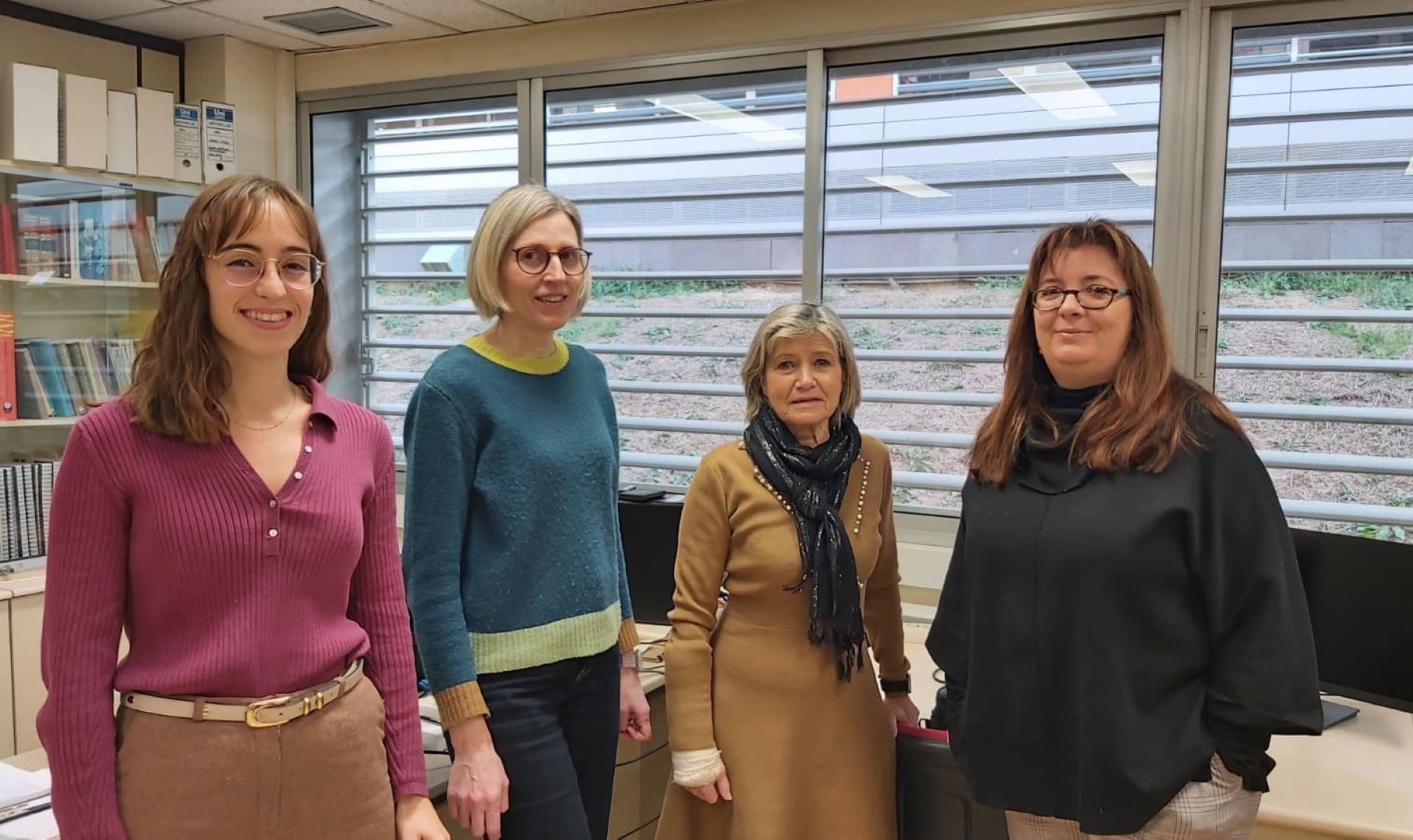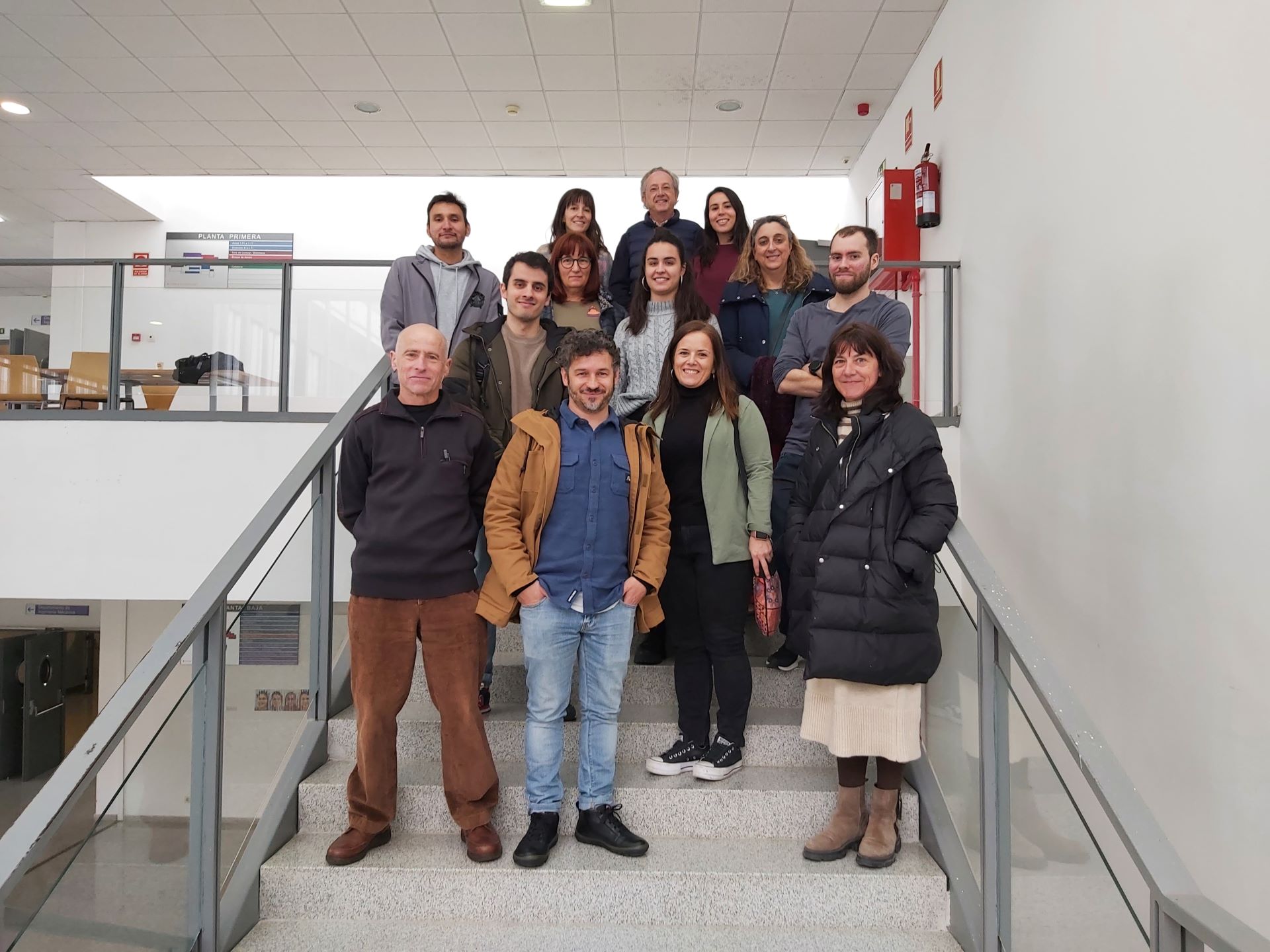
The Thermal Engineering and Energy Systems Group of the I3A, at the University of Zaragoza, will manage a new project of Transición Ecológica y Digital (TED). A line of work to advance the decarbonisation of the energy sector through smart thermal energy storage (STES4D), it is being developed in three sub-projects at the University of the Basque Country, the CIEMAT research centre and the University of Zaragoza.
The kick-off meeting of the project will take place today and tomorrow in the Betancourt building of the Río Ebro Campus. It will be a hybrid meeting with the participation of researchers from Bilbao and Madrid, as well as the European telematic working group, which will start today at 15:00 and tomorrow Tuesday at 9:00.
The aim of the project is to contribute to the deployment of thermal energy storage (TES) systems that are able to manage heat and cold to save energy. "If we can directly store, for example, the heat from the sun to use it also in the form of heat, there is no need to transform it into electricity, but you store it and use it, achieving greater efficiency at a lower cost," explains Ana Lázaro, researcher at the Thermal Engineering and Energy Systems Group (GITSE) of the I3A and coordinator of the project.
With the STES4D project, which will run for two years, they aim to reduce CO2 emissions and the consumption of fossil resources by increasing the integration of renewable sources in energy production and management. "The aim is to take advantage of resources such as solar energy or waste heat from industries in order, for example, to avoid using the boiler and having to burn natural gas. A model that, according to Ana Lázaro, has already been implemented in Denmark, where they use seasonal storage systems, "they use the heat from the summer sun to provide heating in winter".
One of the strengths of the I3A researchers will be to assess the environmental impact of this thermal energy storage. They will analyse the life cycle of the systems to detect their effect on the environment.
The GITSE research group is already working on polygeneration, i.e. using the same resource to produce several demands such as heat, cold, electricity or water, thus reducing CO2 emissions to be more efficient.
In previous collaborations with the International Energy Agency, they detected a series of "critical points" that prevented the full development of thermal storage systems, so they took advantage of the TED project call to investigate and mitigate them. Among these points are the part of materials, led by CIEMAT, the thermal energy storage system, led by the University of the Basque Country, and the integration of storage in the energy system, coordinated by the GITSE group of the I3A. "We are in charge of integration, that is, how you use this storage in a specific application, such as a heating network," says Ana Lázaro.
In addition, research groups from Switzerland, Denmark and Brazil are involved, all of which, with the exception of Brazil, belong to the International Energy Agency.
